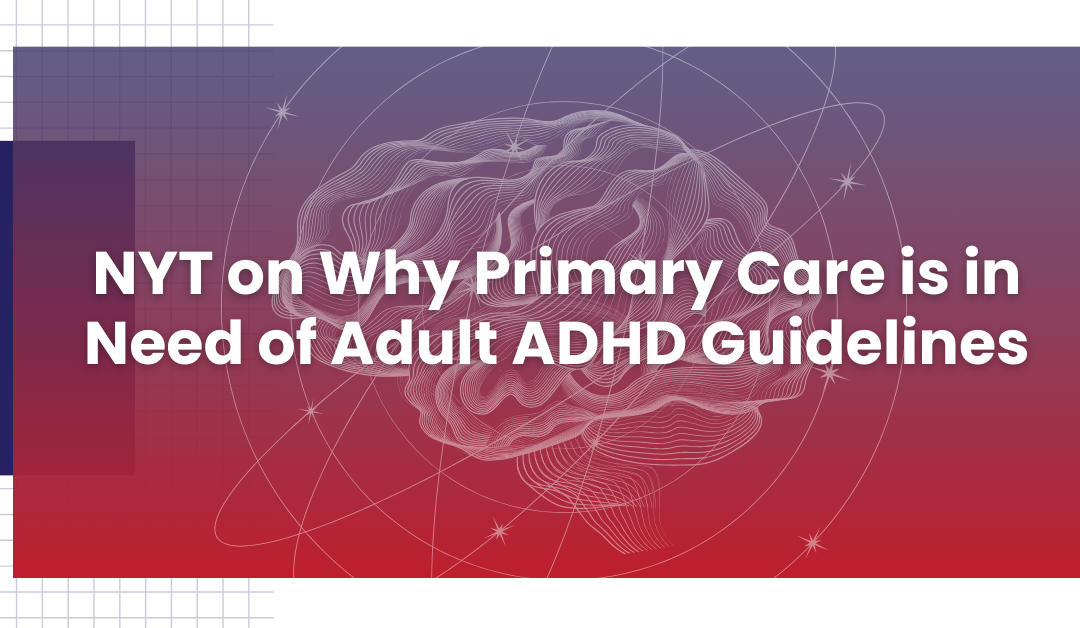In this issue of Psychiatric Annals, we will present four articles summarizing issues in the development of United States (US) guidelines for the diagnosis and treatment of adults with attention-deficit/hyperactivity disorder (ADHD). The American Professional Society of ADHD (APSARD) is currently in the process of developing such guidelines, which will be the first such recommendations for US clinicians treating adults with the disorder. Of note, there are multiple US guidelines for childhood ADHD, including those from the American Academy of Child and Adolescent Psychiatry (AACAP) and the American Academy of Pediatrics (AAP). Multiple international organizations have developed guidelines for the diagnosis and treatment of ADHD, including adult ADHD, such as the National Institute for Health and Care Excellence (NICE; United Kingdom) and the Australian ADHD Professionals Association (AADPA). These guidelines outside the US particularly highlight the need for guidelines for adults in the US. Furthermore, such guidelines are important for both patients and clinicians as: (1) adult ADHD is often undiagnosed and untreated, at significant cost to the patient and to society; and (2) the guidelines will provide the latest evidence available to clinicians caring for patients with adult ADHD so that they and their patients can make the most informed decisions.
This issue starts with an article by Dr. Deepti Anbarasan and colleagues that reviews the development of quality measures for adult ADHD as a step along the way toward creating guidelines. Dr. David Goodman and Dr. Greg Mattingly then discuss the process of guideline development in the second article. The third article, by Dr. Thomas J. Spencer and colleagues, describes the process of conflict-of-interest management in the development of adult ADHD guidelines. The issue concludes with an article from Dr. Ann Childress and colleagues on the importance of the development of US guidelines for the diagnosis and treatment of adult ADHD.
Watch the teaser video to learn more: NYT article 052024 teaser video.mp4
Read the full statement:
https://journals.healio.com/doi/10.3928/00485713-20230911-06

